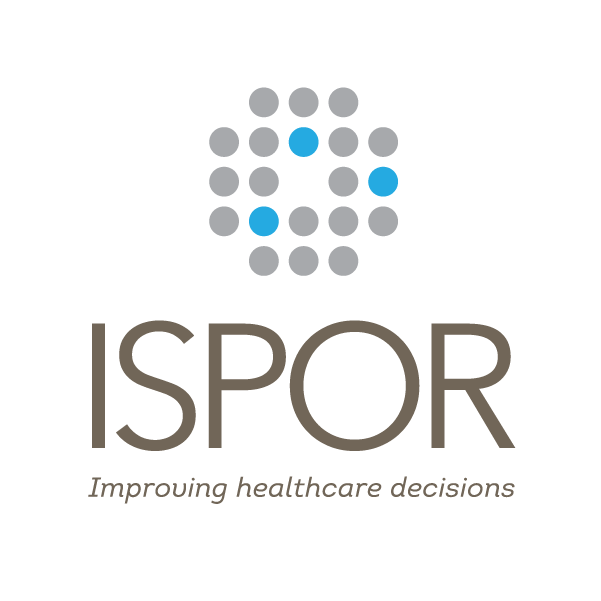Newswise — Lawrenceville, NJ, USA—March 25, 2019—Value in Health, the official journal of ISPOR—the professional society for health economics and outcomes research, announced today the publication of new research showing that pharmaceutical risk-sharing arrangements can mitigate uncertainty around the budget impact of drugs, but only when the type of arrangement matches the setting and type of uncertainty. The report, “Determining the Comparative Value of Pharmaceutical Risk-Sharing Policies in Non–Small Cell Lung Cancer Using Real-World Data,” was published in the March 2019 issue of Value in Health.
Investigators used data on treatment patterns of Dutch non–small cell lung cancer patients from 4 different hospitals to perform “what-if” analyses, evaluating and quantifying the costs and benefits (from a payer's perspective) of various risk-sharing arrangements (RSAs). In all, 6 different types of RSAs were included in the analysis: money-back guarantee, conditional treatment continuation, price linked to outcome, discounted treatment initiation, utilization caps, and fixed cost per patient.
In general, most RSAs resulted in a reduction of costs to the payer. However, the research illustrates that the impact on mean total cost per patient can differ substantially between RSAs as well as between drug regimens within the same RSA. Furthermore, it demonstrates that one type of RSA (conditional treatment continuation) can adversely affect patient outcomes, when treatment is discontinued prematurely and this results in reduced patient survival.
“Our research shows that risk-sharing agreements can mitigate uncertainty around the incremental cost-effectiveness or budget impact of drugs,” said author Marscha Holleman, Erasmus School of Health Policy & Management, Erasmus University Rotterdam, Rotterdam, The Netherlands. “However, the choice of whether and which type of RSA to use should depend on a careful analysis of the type of outcomes expected and the type of uncertainty one aims to reduce. If the aim of RSAs is to reduce the risk to the payer, they are most favorable in clinical settings with considerable uncertainty regarding response rates, survival, patient numbers, or any other characteristics that affect budget impact. When these uncertainties do not exist, RSAs lose their value.”
Worldwide, hundreds of different risk-sharing arrangements have been implemented over the past few years. Prior to this current research, there has never been a study to quantify and compare the costs and benefits of alternative RSAs based on real-world data.
###
ABOUT ISPOR
ISPOR, the professional society for health economics and outcomes research (HEOR), is an international, multistakeholder, nonprofit dedicated to advancing HEOR excellence to improve decision making for health globally. The Society is the leading source for scientific conferences, peer-reviewed and MEDLINE®-indexed publications, good practices guidance, education, collaboration, and tools/resources in the field.
Web: www.ispor.org | LinkedIn: www.linkedin.com/company/ispororg | Twitter: www.twitter.com/ispororg (@ISPORorg) | YouTube: www.youtube.com/ispororg | Facebook: www.facebook.com/ispororg | Instagram: www.instagram.com/ispororg
ABOUT VALUE IN HEALTH
Value in Health (ISSN 1098-3015) is an international, indexed journal that publishes original research and health policy articles that advance the field of health economics and outcomes research to help healthcare leaders make evidence-based decisions. The journal’s 2017 impact factor score is 5.494. Value in Health is ranked 3rd among 94 journals in healthcare sciences and services, 3rd among 79 journals in health policy and services, and 6th among 353 journals in economics. Value in Health is a monthly publication that circulates to more than 10,000 readers around the world.
Web: www.ispor.org/valueinhealth | Twitter: www.twitter.com/isporjournals (@ISPORjournals)
